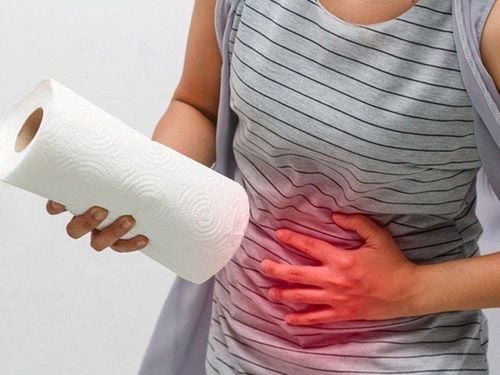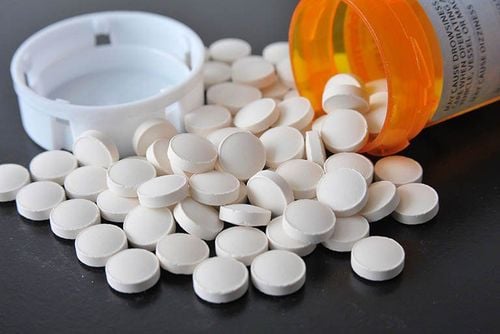This is an automatically translated article.
Article written by MSc.Dr. Mai Vien Phuong - Department of Medical Examination & Internal Medicine - Vinmec Central Park International General Hospital
The doctor will conduct blood tests to check if the patient is deficient in nutrients and has antibodies that react to gluten. Your doctor may do other tests (such as an endoscopy) to identify symptoms and rule out other conditions. Your doctor will perform an endoscopy with a thin, flexible tube with a camera on the end that is inserted into your throat and through your stomach to your small intestine.
Under the new method, capsule endoscopy, a small camera placed in an oral tablet can look inside the intestines. The doctor will then take a sample of tissue to study under a microscope (biopsy). Your doctor may also order a contrast-enhanced upper gastrointestinal X-ray to examine your digestive tract.
1. Diet plays an important role in the treatment of Celiac disease

By far, the gluten-free diet is the most effective treatment to prevent damage to the intestinal lining from progressing from gluten exposure. The main food sources of gluten are wheat, barley, and rye.
The concept of a gluten-free diet is defined as a diet with a low gluten content that is unlikely to be harmful to the patient and, according to studies, is less than 10mg/day. Applying this diet will help relieve symptoms, repair damage to the digestive tract and prevent complications from progressing to cancer in celiac patients.
Besides, there is an improvement in nutritional indicators including weight gain, BMI increase, and bone density in patients with treatment adherence. Although oats have been shown to be very low in gluten and can be used in a gluten-free diet to provide patients with a source of fiber, B vitamins, magnesium and iron, the inclusion of oats in the diet is important. Eat with great care. In these cases, it is advisable to consult a nutritionist and monitor for early detection if symptoms flare up. For newly diagnosed patients with Celiac, it is necessary to check for deficiencies of micronutrients including iron, folic acid, vitamin D, vitamin B12 for appropriate nutritional advice.
2.What lifestyle habits help you limit the progression of the disease?

You can manage your recovery well if you keep a few things in mind:
Follow up with regular appointments to monitor the progress of your symptoms as well as your health. Follow your doctor's instructions, do not arbitrarily take drugs that are not prescribed or arbitrarily quit drugs prescribed for you. Consult a dietitian for a proper diet plan for you. Follow a daily gluten-free diet. Continue to eat your own diet, even if you feel healthy. Use prescribed or prescribed dietary supplements. Find a support group if you are concerned about getting references from other people with Celiac disease. Call your doctor if your symptoms do not improve after 3 weeks of following the new diet. Call your doctor if you develop a sudden fever. Vinmec International General Hospital is a prestigious address trusted by many patients in performing diagnostic and treatment techniques for chronic inflammatory bowel diseases... Along with that, at Vinmec Hospital, the implementation diagnosed through gastrointestinal endoscopy with the Olympus CV 190 endoscope, with the function of NBI (Narrow Banding Imaging - endoscope with narrow light frequency band) results in clearer images of mucosal pathology analysis compared to Conventional endoscopy detects ulcerative lesions in the gastrointestinal tract.
Customers when choosing to perform tests here can be completely assured of the accuracy of test results.
Please dial HOTLINE for more information or register for an appointment HERE. Download MyVinmec app to make appointments faster and to manage your bookings easily.














